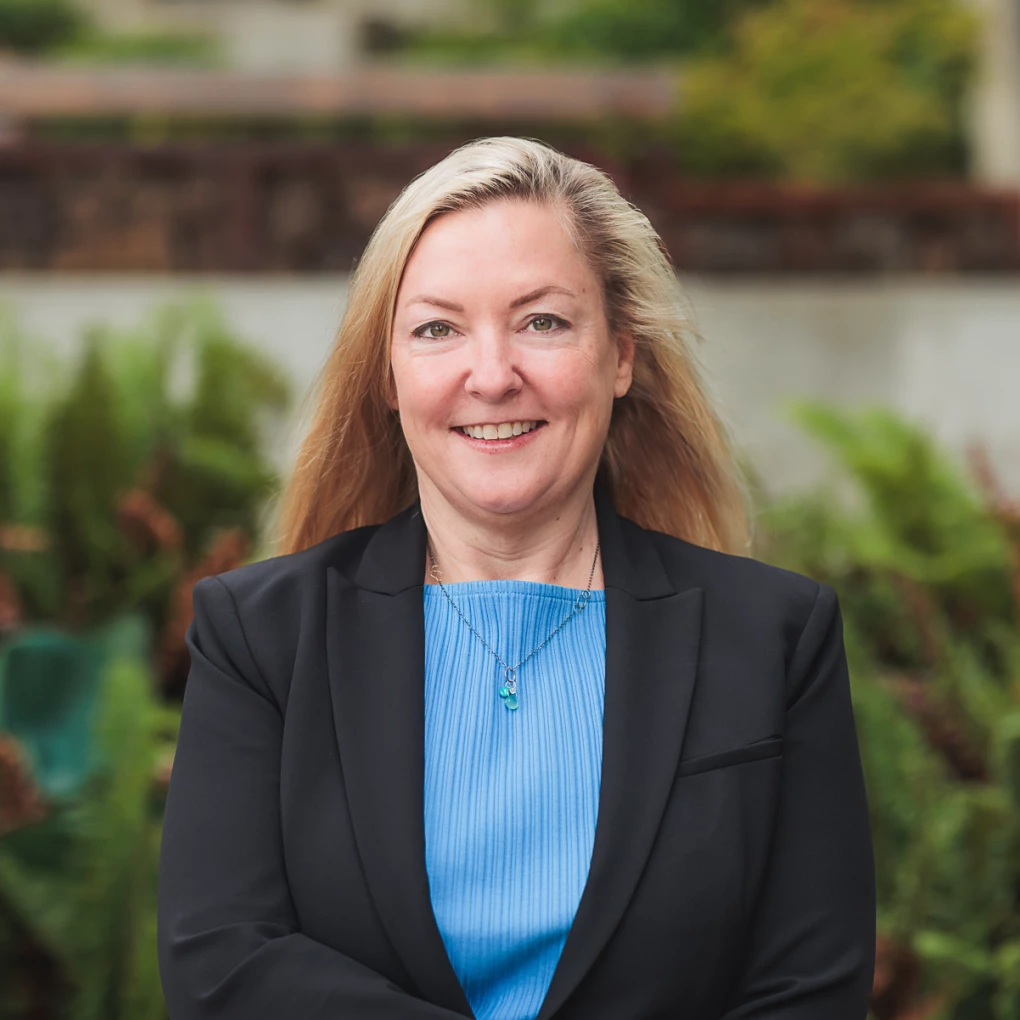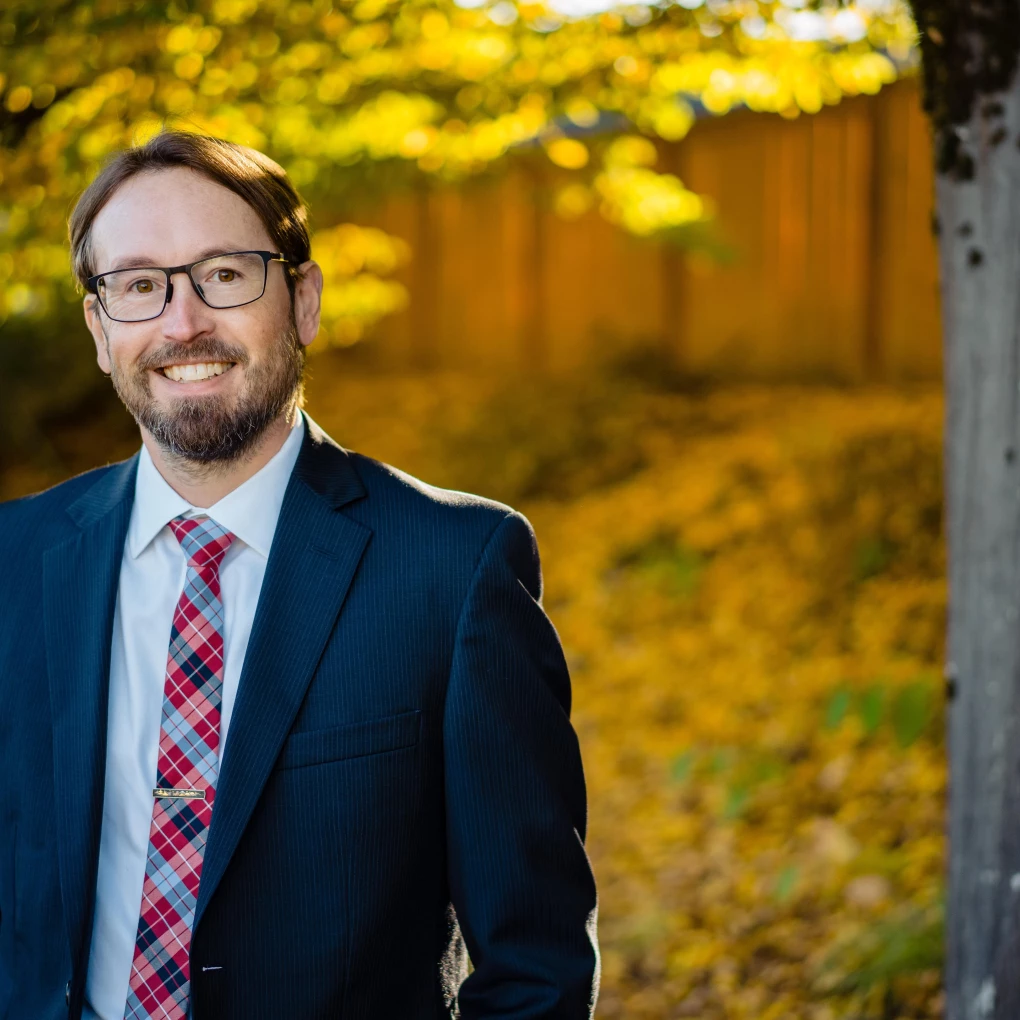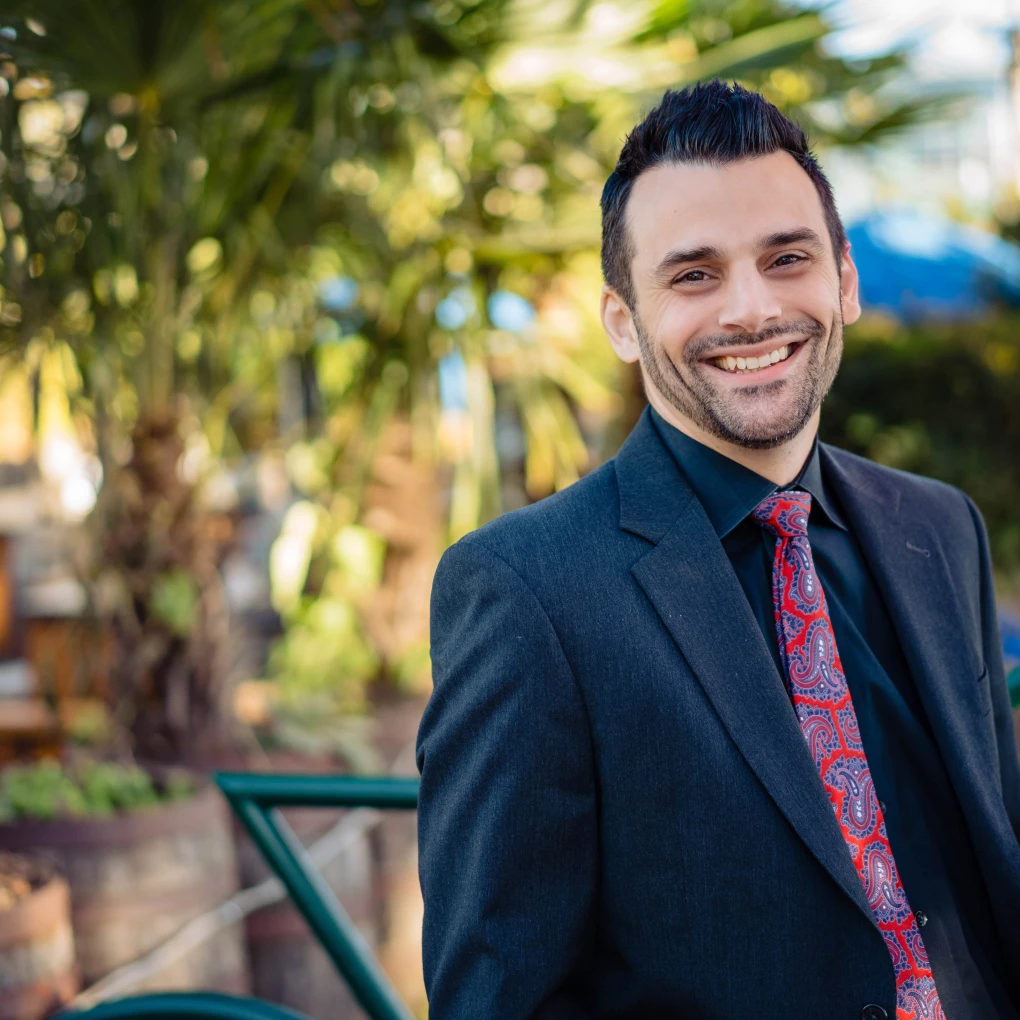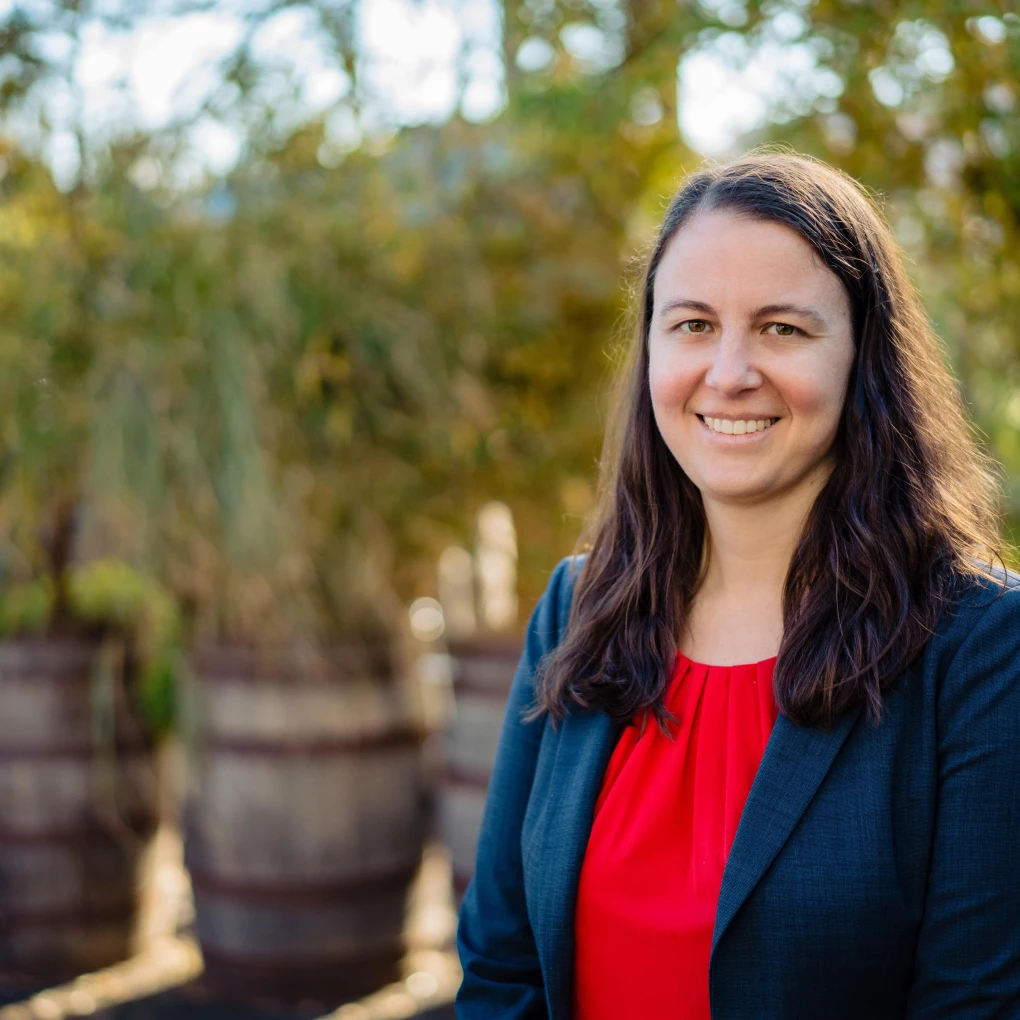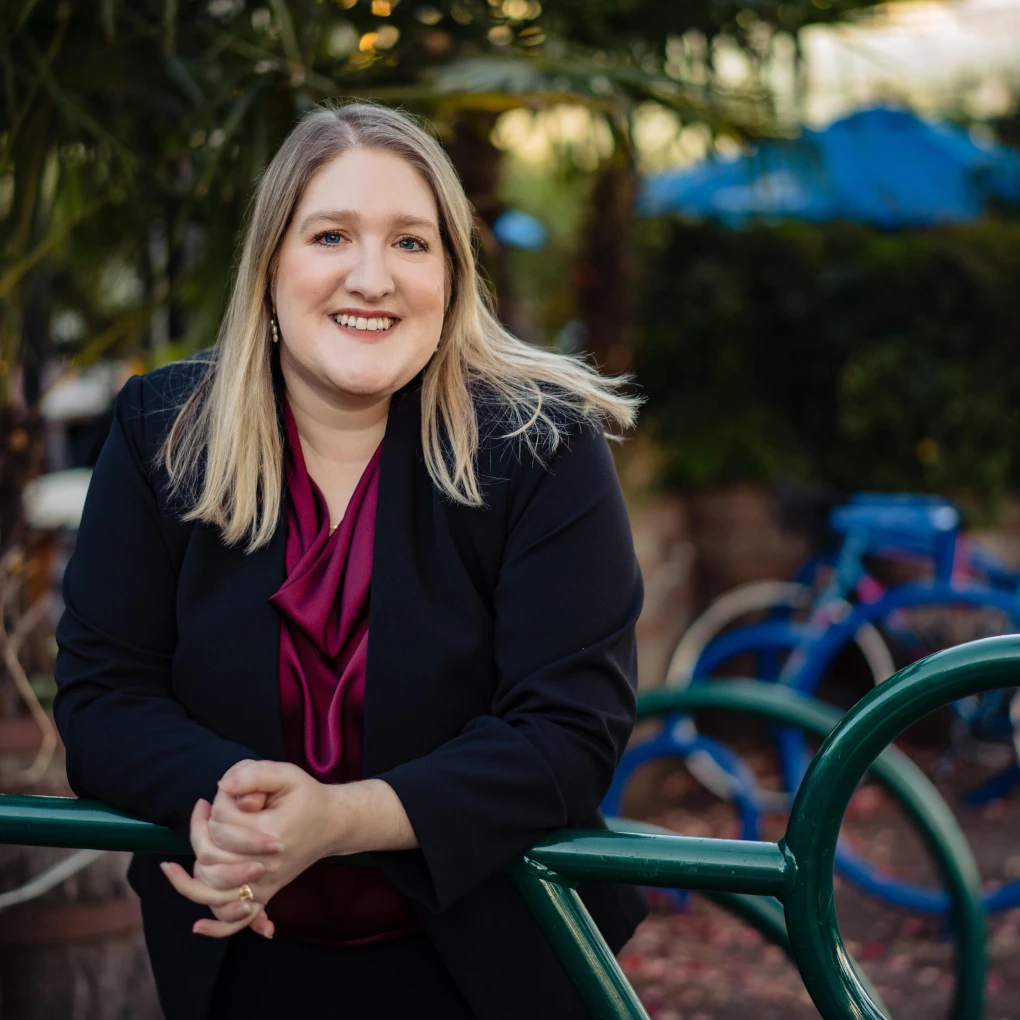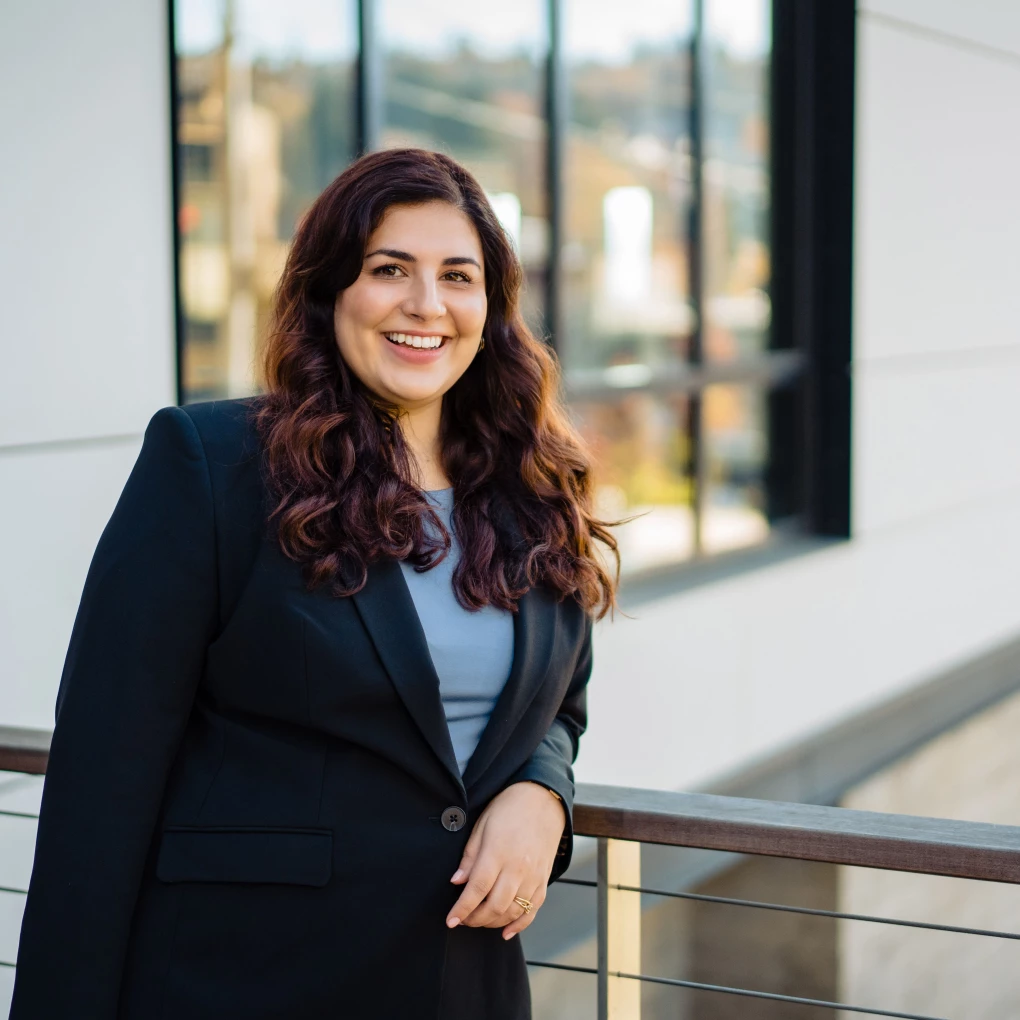Holding Corporations Accountable to Consumers
Consumer protection statutes are powerful tools for protecting individual consumer rights. These statutes provide legal options to people injured by bad faith insurers, deceptive marketing, the manufacture and sale of defective products, and more.
Our attorneys have fought for consumers’ rights, combating various types of consumer fraud, challenging companies who sell products that are unsafe or don’t work, and pursuing relief for consumers who have received unlawful “robocalls.”
Within our consumer protection practice, we work on a number of case types, including:
Debt-Adjusting Cases
Debt adjusting is the activity of managing, counseling, settling, adjusting, prorating, or liquidating debt. Washington’s Debt Adjusting Act (DAA) limits the fees that a debt adjuster may charge for debt adjusting services. Companies have devised various schemes for getting around the fee limits—many of which may violate the DAA and Washington’s Consumer Protection Act.
Debt Collection Cases
When debt goes unpaid, companies sometimes hire a debt collector. While debt collection is legal, these companies have to follow specific rules and laws meant to protect consumers. Unfortunately, some debt collectors do not always observe these laws. If a debt collector becomes aggressive, threatens you, or contacts you more frequently than the law allows, our lawyers can help defend you under the Washington State Collection Agency Act.
Landlord-Tenant Cases
We represent tenants in cases where landlords act unlawfully. For example, we have recovered for tenants early-move-out or “lease break” fees, small monthly fees improperly added to rent, unfair practices related to utility billing, and other unfair fees and costs associated with renting or moving out of an apartment. If you have concerns about what your landlord is charging you, our lawyers may be able to help.
Robocalling Cases
The Telephone Consumer Protection Act (TCPA) was signed into law in 1991, and is the federal government’s primary way to regulate telemarketing phone calls. Often these telephone calls are referred to as “robocalls.” Our class action attorneys have substantial experience pursuing claims on behalf of consumers who have received unlawful “robocalls.”
Hidden Fees
In recent years, telecommunications companies have engaged in a practice in which they fail to disclose that they will charge a substantial “early termination fee” when consumers cancel a service before the end of a purported contractual commitment to subscribe for a defined period of time. We have successfully represented consumers who allege that such practices are unfair and deceptive and therefore violate consumer protection statutes.
Title Insurance Overcharge Cases
We are currently litigating several class action lawsuits against title insurance companies on behalf of consumers who allege they were overcharged for title insurance during refinance transactions. Defendants include First American Title Insurance Company, Inc. and Fidelity National Title Insurance Company.
Consumer Fraud
Consumer fraud generally occurs when a consumer buys a product that does not perform as advertised or purchases services that are not the same as they were represented to be. Washington’s Consumer Protection Act provides protections to people who fall victim to these and other types of unlawful, unfair, and deceptive conduct. As the Washington Supreme Court has said, “It is impossible to frame definitions which embrace all unfair practices. There is no limit to human inventiveness in this field.” Our class action attorneys have substantial experience identifying unfair and deceptive acts and practices that are actionable under relevant consumer protection statutes.
FCRA Cases
The Fair Credit Reporting Act (FCRA) was created in 1970 with the goal of protecting consumers and their credit from unfair practices. This act works to ensure credit is collected, accessed, used and shared in a way that is fair and protects the privacy of the consumer. Our attorneys have experience in bringing a variety of FCRA claims against banks and credit furnishers.
Think you might have a case?
Consumer Protection Team
Consumer Protection Victories
Consumer Protection Victories
Settlement for Washington Homeowners Targeted by Mortgage Lenders
Jordan v. Nationstar Mortgage, LLC
In 2012, Terrell Marshall filed a lawsuit on behalf of Washington homeowners who were improperly locked out of their homes by their mortgage lender. The Eastern District of Washington granted final approval of a $17 million settlement on May 2, 2019.
Protecting Tenants from Shady Landlords
Jammeh v. HNN Associates
Working with co-counsel, Terrell Marshall recovered $1.6 million for a certified class of tenants in low income housing mistreated by their landlords and then charged unfair interest by a debt collector.
Stopping Unlawful Debt Collection Practices
Miller v. P.S.C., Inc.
In 2017, Terell Marshall represented Washington consumers who alleged P.S.C. filed lawsuits against them using unlawful debt collection forms. The Western District of Washington granted final approval of a settlement that provided injunctive relief and $1.52 million on January 10, 2020.
Hanging Up on Illegal Robocalls
Abante Rooter & Plumbing, Inc., et al. v. Alarm.com Inc., et al.
In 2015, Terrell Marshall filed a lawsuit on behalf of consumers who received telemarketing calls without their prior express consent. The Northern District of California granted final approval of the $28 million settlement on August 15, 2019.
Think you have a case?
If you think your rights have been violated, we’ll help you determine if you have a case.





